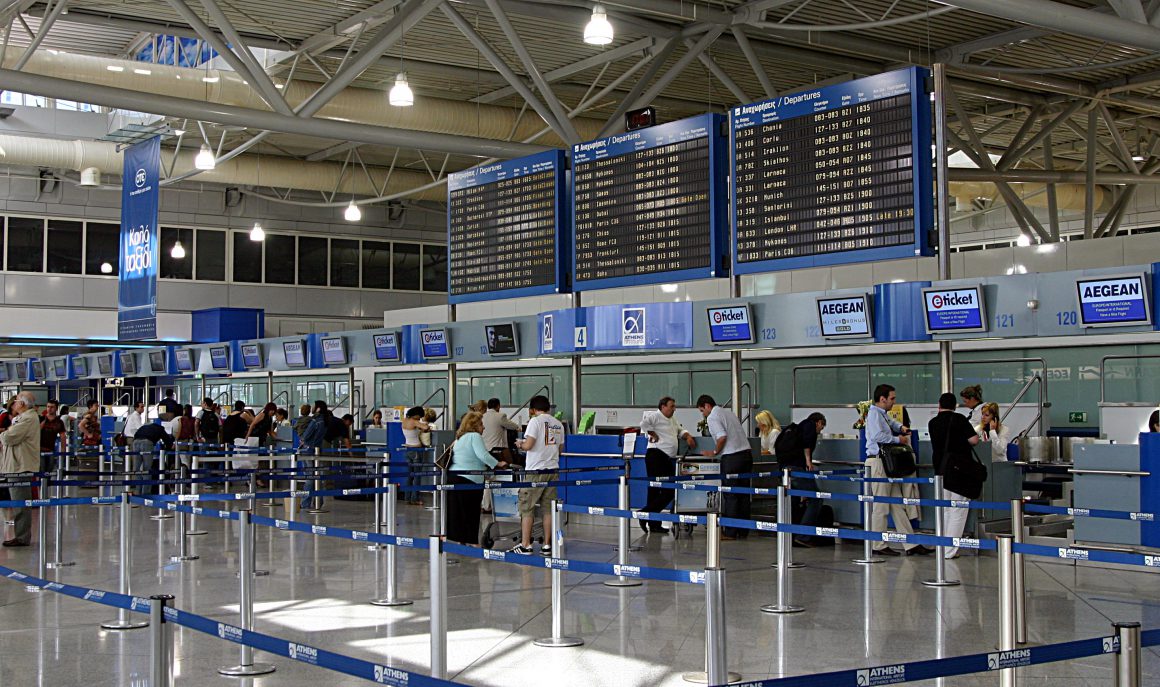In the wake of the murderous attack on Charlie Hebdo the debate for more security re-emerged in Europe. Officials at an international ministerial meeting held in Paris on 11 January, attended by the EU’s counter-terrorism coordinator and the EU commissioner for home affairs, laid out a list of priorities to deal with the issue of radicalised citizens returning from the Middle East. This is an issue related to the EU anti-terrorism bill that is stuck since 2011, when MEPs in the civil liberties committee voted it down.
Senior European Union officials dealing with security and counter-terrorism will meet again in Brussels on Friday aiming to come up with proposals to be put forward to an EU summit next month. The thorny issue is the process of PNR, or passenger name records, which is the pooling of air travel data within the EU. This would mean that millions of EU citizens could have their personal information stored for years. Spain, along with France and Germany, also pushed for introducing limits in passport-free travel within the Schengen area, through national border ID checks.
The British are strong supporters of the PNR system, and in the recent past they have also called for data collection for train and ferry passengers. Following the 2005 London bombings, the British pushed for an EU data retention directive, which was rejected by the European Court of Justice as in breach of the EU’s charter of fundamental rights.
Prime Minister David Cameron last Monday argued that Britain’s intelligence agencies should have the legal power to break into the encrypted communications of suspected terrorists to help prevent attacks. He also promised that this would be put to British law upon his re-election. Nick Clegg, deputy PM and leader of the Liberal Democrats, attacked his position as advocating limits to freedom.
The view that ID border checks would be effective has been challenged by Jan Philipp Albrecht, a German Greens MEP who specialises in data protection. He pointed out that “Far-reaching data collection in France would not have prevented the odious attacks in Paris. The perpetrators were already known to security authorities. Instead of creating an ineffective dragnet on all air passengers, security authorities should have been exchanging the data they already had on these suspects.”
Dimitris Avramopoulos, the EU commissioner for home affairs, resisted the demands for changes to the Schengen travel zone status quo. He argued that there exists already scope for temporary introduction of document checks and national border controls should a government invoke emergency conditions.



